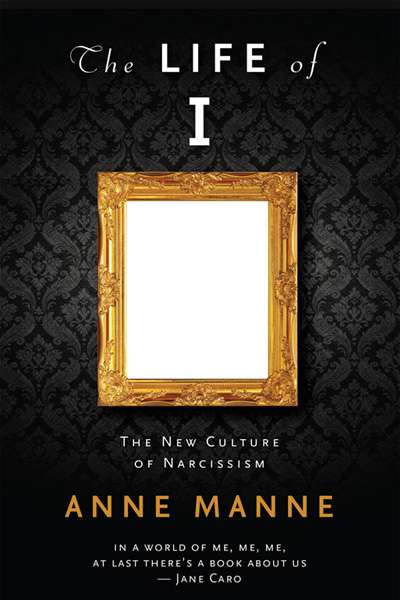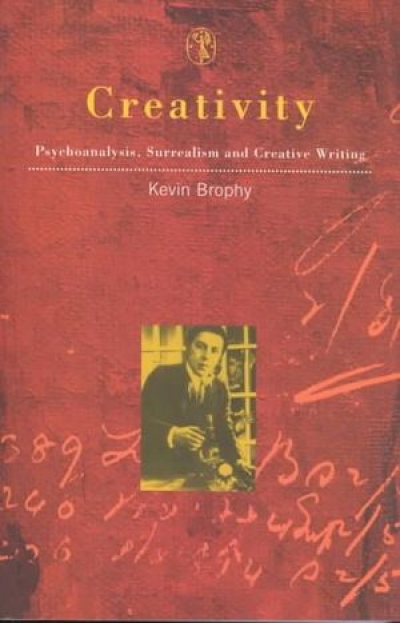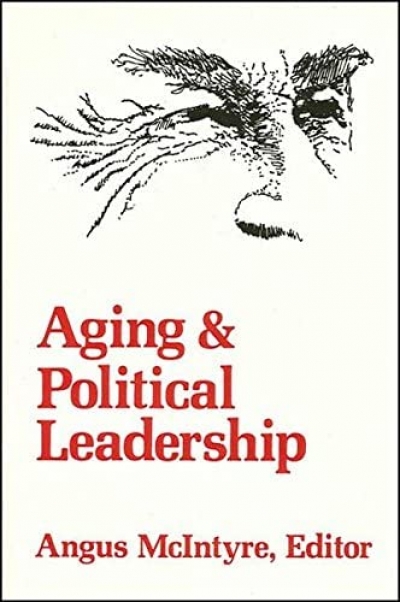Psychoanalysis
Now over seventy, Benoîte Groult of the fierce name and fiercer disposition, has written a delightful story about sex and desire that is sure to turn heads. Its central character is a woman named George – as in Sand, and she is small and chic like that writer. (If you thought that George Sand was a formidable hulk of a woman with coarse hair and thin lips, this book points out that she was a little woman, with tiny feet, apparently.) The other half of the story is Gavin Lozerech, or at least that’s what he’s called for the purposes of this retelling of their passionate, life-long love affair. George toyed with Kevin, Tugdual and Brian Boru before she chose the pseudonym Gavin, as in the Gawain of the Breton cycle.
... (read more)The Life of I: The new culture of narcissism by Anne Manne
by Anthony Elliott •
Creativity: Psychoanalysis, Surrealism and creative writing by Kevin Brophy
by Fiona Capp •



